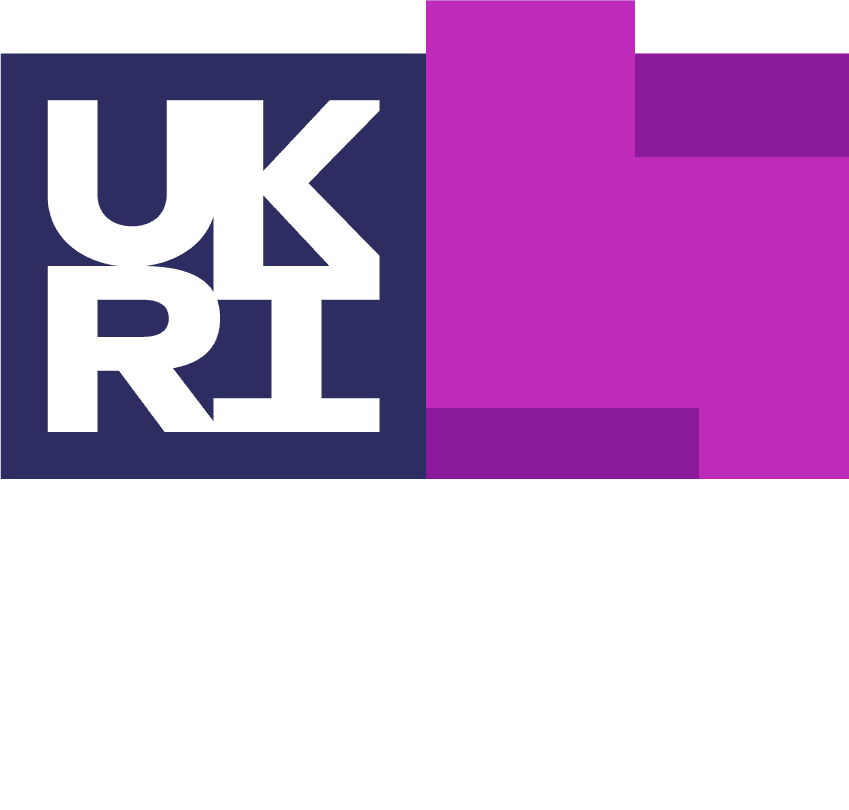
How to Find the Right Scientific Expertise for Your Startup
Founder ResourceEntrepreneurshipChoosing Academic Collaborators that Drive Innovation and Business Growth
In the fast-paced world of startups, finding the right scientific talent can be a game-changer. Collaborating with academic researchers can provide your venture with innovative solutions, cutting-edge technology and a competitive edge. But that only happens if you choose the right partners
So, how do you identify the right academic collaborators who will drive real impact for your business? Here are some key criteria and best practices to help you make informed decisions.
Finding the Best-Fit Academic Partners for Your Startup
-
Research Alignment: Be Specific
Academic research is often highly specialised. Look for researchers whose expertise directly aligns with your startup's focus. The tighter alignment, the more relevant and productive the collaboration is likely to be. -
Passion and Commitment Matter
Assessing the relevance of a researcher’s work can be challenging especially in niche fields or emerging fields. In these cases, look beyond academic credentials alone and consider their motivation and enthusiasm for the topic. Passionate researchers are more likely to be committed and innovative in their approach, qualities that benefit startups. -
Proven Track Record
Look for researchers with a proven history of success. Publications, industry collaborations, conference presentations and recognition within the academic community are strong indicators of their capabilities and reliability.
-
Interdisciplinary Skills
Academics who can bridge different fields of study bring a unique perspective that can be invaluable for startups. Their ability to integrate knowledge from various disciplines can lead to innovative solutions. For example, an academic combining expertise in bioengineering and AI could help develop personalised medicine platforms by using machine learning to analyse biological data and design adaptive healthcare solutions.
Aligning Scientific Research with Your Business Goals
-
Clear Communication
Establish open communication from the start. Regular check-ins and transparent discussions about goals, timelines, and challenges keep both parties aligned. -
Mutual Benefits
Ensure that the collaboration offers mutual benefits. While your startup gains access to cutting-edge research, the academic partner should also see value in terms of funding, resources, or opportunities for publication and recognition. -
Long-Term Vision
Align the research goals with your long-term business objectives. This strategic alignment ensures that the collaboration contributes to your startup's growth and success over time.
Measuring the Value of Academic Partnerships for Your Startup
- Assessing Relevance
Evaluate how the researcher’s work applies to your business. While the research area might be specific, the underlying principles and methodologies could be adapted to solve your startup's challenges–sometimes, the best ideas come from unexpected places. -
Leveraging Existing Research
Academics are skilled at interpreting and applying existing research to new problems. This ability can save your startup time and resources by leveraging previous studies and findings. -
Measuring Success
Define clear metrics to measure the success of the collaboration. These could include research milestones, product development, or market readiness.
Best Practices for Establishing and Maintaining Productive University Collaborations
-
Building Relationships
Trust and mutual respect are the foundations of successful collaborations.
Invest time in building strong relationships with academic partners by understanding their motivations and constraints. -
Providing Resources
Ensure that your academic partners have access to the necessary resources, including funding, equipment, and data. This support enables them to focus on research and innovation.
-
Stay Flexible
Research can uncover unexpected opportunities. Be prepared to adapt your strategy based on new findings–some of the best innovations arise from unplanned discoveries.
Real-World Examples
RedoxBlox
This energy startup emerged from Dr James Klausner's research at the University of Florida. With funding from the Advanced Research Projects Agency-Energy (ARPA-E), their team transitioned from fundamental research to commercial applications, demonstrating how academic partnerships can fuel scalable solutions.
Ginkgo Bioworks
A leader in synthetic biology, Ginkgo Bioworks collaborates with multiple universities to rapidly prototype innovations in bioengineering and sustainability. These partnerships have been instrumental in accelerating their R&D pipeline.
Choosing the right academic partner can be transformative. It can accelerate development, reduce risks and create lasting competitive advantages. By following these guidelines, startups can identify the right scientific talent and build productive collaborations that drive meaningful innovation.
We’ve partnered with Pathways to help startups connect with scientists, researchers, and scientific advisors who can take their venture further. Curious how this collaboration could support your next step? Find out more here
 |
Dr. Amanda MacCannellDr. Amanda MacCannell is a Research Fellow at the University of Leeds, specialising in metabolism, obesity, and diabetes research. She is also the founder of Pathways Open, an AI-driven platform that connects life science companies with academic expertise to accelerate innovation. Amanda is passionate about bridging the gap between academia and industry to transform groundbreaking research into impactful solutions. Find out more here |
